
Embattled New York Community Bancorp gets $1 billion cash infusion, adds Steven Mnuchin to its board
The stock had tumbled 42% to $1.86 earlier Wednesday, before its trading was halted in the afternoon, pending news

The stock had tumbled 42% to $1.86 earlier Wednesday, before its trading was halted in the afternoon, pending news

Last week the bank reported significant losses on some commercial real estate loans and indicated it was struggling to digest last year’s purchase of Signature Bank
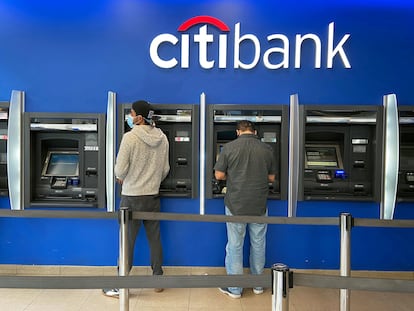
Citigroup announced it was going to cut 20,000 jobs, roughly 10% of its workforce as part of Citi’s restructuring
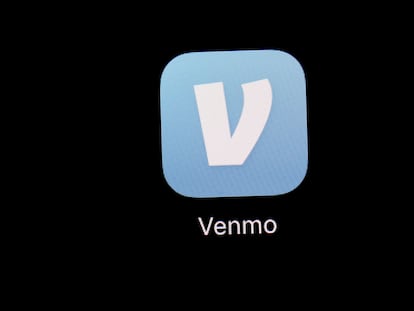
The alert comes several weeks after the failure of Silicon Valley Bank, Signature Bank and First Republic Bank, where the banks experienced bank runs after fearful customers with uninsured deposits pulled their money en masse
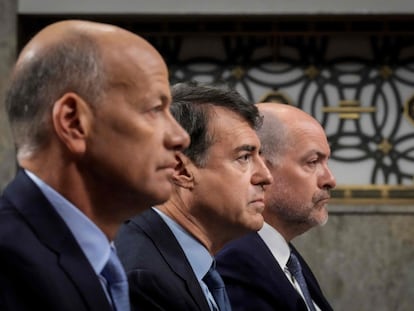
Senators also sought to address whether senior executives in the U.S. are being rewarded more for short-term gains — like rising stock prices — than for ensuring their companies’ long-term health
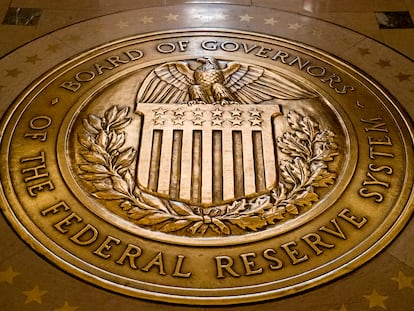
About 46% of all banks said they had raised standards for business loans known as commercial and industrial loans, up from just under 45% in the previous quarter
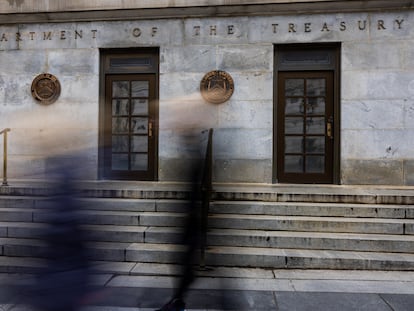
The rescue packages for Silicon Valley Bank, Signature Bank and First Republic have been marked by a careful balance between state and private intervention
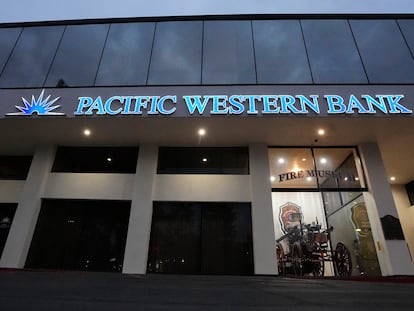
Shares of PacWest Bank plunged nearly 50% Thursday after the company confirmed reports that it was considering ‘strategic options,’ that may include the possible sale of the company

Like the Federal Reserve has done, the ECB is stepping back from a string of jumbo hikes aimed at snuffing out inflation

Officials are meeting on Wednesday to make a decision, shortly after the bailout and sale of First Republic, the third bank to go under in two months

Stocks fell sharply Tuesday, led downward by smaller banks with heavy exposure to uninsured deposits and commercial banks like Western Alliance Bank, PacWest Bancorp, Comerica and Zions Bank

Investors and analysts have also worried about banks such as Comerica and KeyCorp, which also had large numbers of accounts with deposits above the federally-insured level of $250,000

The agency proposed rethinking its decades-old policy of insuring up to $250,000 in bank deposits so that regulators could cover higher amounts on a ‘targeted’ basis

San Francisco-based lender is the third midsize bank to fail in two months. It has struggled since the collapse of Silicon Valley Bank and Signature Bank

The San Francisco bank plans to sell off unprofitable assets, including low interest mortgages it provided to wealthy clients
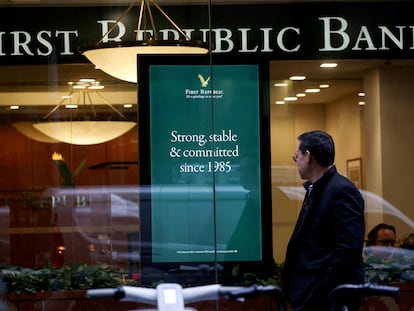
It was only after a group of large banks stepped in to save the bank by depositing $30 billion in uninsured deposits in First Republic that the bank was able to staunch the bleeding

The nation’s second-largest bank by assets posted a profit of $8.2 billion, up from $7.1 billion in the same period a year earlier
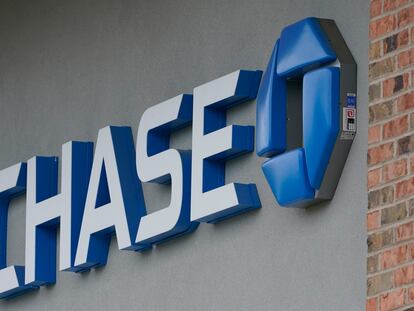
The bank saw deposits grow noticeably, as business and customers flocked to the banking titan after the failure of Silicon Valley Bank and Signature Bank

The heightened uncertainty surrounding the banking sector also helped Fed officials coalesce around their decision to raise their benchmark rate by just a quarter-point, rather than a half-point
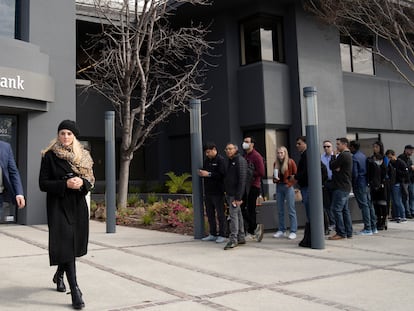
The agency warns that high inflation and rising interest rates may negatively impact the economy

World economic body reduces growth forecast by one tenth of a point to 2.8% due to persisting inflation and recent banking turmoil

The public push is part of a larger effort by the Biden administration to safeguard the U.S. economy and ensure that individual bank failures can be contained without triggering a chain reaction across the wider financial system

Prior to closing down Silicon Valley Bank, Fed supervisors had first raised questions about the bank’s risky practices in 2021 and had warned the bank’s management about them in the fall of that year

The 125-year-old institution from North Carolina has multiplied its size by five in three years through numerous acquisitions

Michael Barr, the nation’s top banking regulator, spoke Tuesday during a Senate Banking Committee hearing

The Conference Board reported that its consumer confidence index rose to 104.2 in March, even as persistent inflation, bank collapses and anxiety over a possible recession weighed on Americans
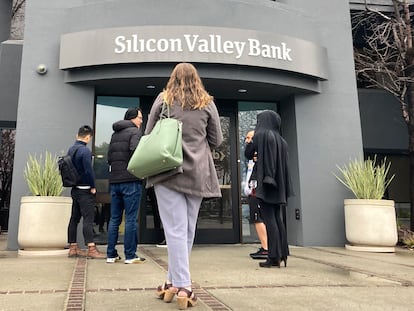
Experts say it’s probably a good idea for small businesses to diversify funds and make sure they’re in close contact with their banker, but emphasized that in the short term their bank accounts are safe